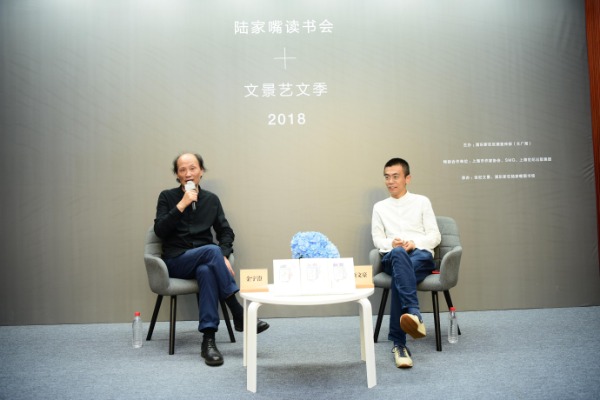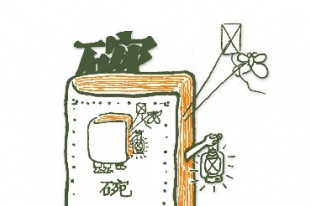Devils in the details


The horse's hoofs flung snow onto Jin's chest as he rode, but by the time he reached the hospital, the man was dead.
"I walked out of the hospital only to find the horse, which was loosely tethered, had left."
Jin says the sadness he felt that night made him write down the events.
"Otherwise, what I did would have been completely meaningless."
The title of his new book is also an important detail in another story about an educated young woman named Xiaoying.
Like Jin, Xiaoying also came from Shanghai to work on a farm in Northeast China the same year. One of her jobs was to collect water from a well. One day, she was found drowned in the well. Jin and another young man were sent to clean the well, while another two were sent to dress her body for the funeral.
Jin kept all the details he remembered about that sad incident - how he cleaned the well, how the other two young men prepared the body, and how Xiaoying's boyfriend had a lifelong disease.
Three decades later in the late 1990s, when the educated youngsters returned to the Northeast for a reunion in their late 40s, a woman in her 30s showed up, claiming that she was Xiaoying's daughter and asking to visit her mother's tomb in Northeast China. It was not until then that people realized that three months before her death, Xiaoying had gone back to Shanghai and given birth to a girl - who was later raised by an aunt.
When the daughter was 8 years old, she had a recurring high fever. When the medicine failed to work, an old woman living next door told the aunt to hold a pair of chopsticks upright in the middle of a bowl while saying Xiaoying's name, and asked her "spirit to return to Northeast China". Then the aunt lost her grip but the chopsticks still remained standing upright in the bowl, which meant Xiaoying's "ghost was there". The last step was to smash the bowl outside the door, and the girl's fever was gone.
For Jin, the bowl became a symbol for the haunting memories of the past, not only for Xiaoying's daughter but also for many others.
Jin was later involved in making a documentary to record their memories of Xiaoying and her daughter against the backdrop of those who came from cities to work in the countryside.
However, the production did not go smoothly.
Jin writes in Wan: "I think, maybe, death will not expire, nor will ghosts, memories or documentaries. ... Memories and recordings can make one happy or sad, and can also make one depressed, desperate or cause big areas of blankness in the brain."
Hearing the sound of firecrackers and the sobbing over the phone of one of the documentary's editors who had called him, Jin started to pray to Xiaoying's spirit.
"Go back home please. ... If you are here, if the chopsticks stand upright, we will rush out and smash the big bowl. Only if we smash it, would our suffering end."
Reviewing Wan and Jin's other works, the literary critic Gu says that Jin injects a concrete love into his descriptions of the land or lifestyles of a certain time.
"This concrete love is touching. How do you write about memories? Only in detail will memories really come back to life," Gu says.





































